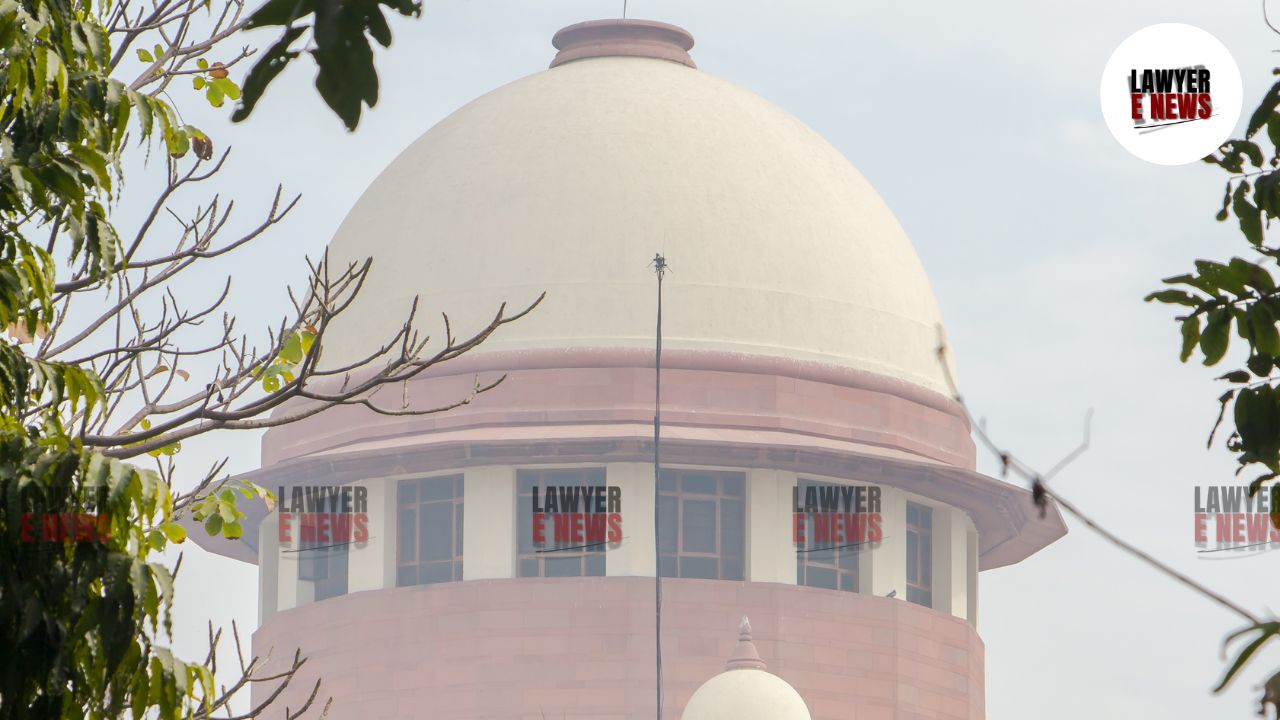-
by Admin
15 February 2026 5:35 AM



In a significant ruling, the Supreme Court has overturned a Chhattisgarh High Court decision and directed the CBI to conduct a thorough investigation into the death of Ranjana Diwan, emphasizing the need for transparency and fairness in light of alleged undue influence by her husband, a senior judicial officer.
The Supreme Court has ordered the Central Bureau of Investigation (CBI) to take over the investigation into the death of Ranjana Diwan, who was found dead under suspicious circumstances in 2016. The Court set aside the Chhattisgarh High Court’s order, which dismissed the petition for a CBI probe, and emphasized the need for an independent investigation due to allegations of bias and undue influence. The judgment, delivered by a bench comprising Justices Vikram Nath and Prasanna Bhalachandra Varale, underlines the significance of ensuring a fair investigation, especially when senior judicial officers are involved.
Ranjana Diwan, wife of Manvendra Singh, a senior judicial officer, was found dead on May 12, 2016, under circumstances initially classified as a suicide by the police. The deceased had six ante-mortem injuries, which raised suspicions. Her family, including her mother and brother, alleged foul play and argued that Manvendra Singh used his position to influence the investigation. The police concluded that Diwan's death was due to suicide, but the family, dissatisfied with the closure report, consistently sought a fair probe, alleging manipulation in the post-mortem process and other key aspects of the investigation.
After several failed attempts to have an FIR lodged and an independent investigation initiated, the family filed a writ petition under Article 226 of the Indian Constitution. This petition was dismissed by the High Court of Chhattisgarh, which suggested that the appellants pursue statutory remedies available under Section 156(3) of the Code of Criminal Procedure (CrPC). Dissatisfied, the family approached the Supreme Court, seeking relief.
The Supreme Court noted several suspicious aspects surrounding the death of Ranjana Diwan, particularly the six ante-mortem injuries mentioned in the post-mortem report. The injuries, coupled with the nature of her death, warranted a deeper investigation. The appellants had long contested the conclusion of suicide, asserting that the respondent, Manvendra Singh, had exerted undue influence to manipulate the outcome of the investigation.
The Court expressed concern over the role of the state police in investigating the matter. The family had repeatedly alleged that local authorities, under the influence of the respondent, failed to conduct a fair investigation. The Supreme Court acknowledged that these claims of bias were troubling, particularly in light of the respondent’s position as a senior judicial officer.
"The powers of this Court for directing further investigation, regardless of the stage of investigation, are extremely wide," the Court emphasized. It reiterated that in cases where the fairness of the investigation is questionable, particularly when it involves a high-ranking judicial officer, it becomes crucial to hand over the case to an independent agency to maintain public confidence.
In delivering the judgment, Justice Vikram Nath referred to similar cases where the Court had directed the CBI to take over investigations due to unresolved suspicions or undue influence. The Court cited the landmark decision in State of West Bengal v. Committee for Protection of Democratic Rights, emphasizing that a CBI probe should be ordered in exceptional circumstances to ensure justice. The judgment also referred to Bharati Tamang v. Union of India, where a CBI investigation was ordered due to concerns over the impartiality of the local police.
The Court focused on the principles of fair investigation, noting that unresolved questions and a perceived lack of impartiality in the initial police inquiry necessitated the intervention of the CBI. "Unresolved crimes tend to erode public trust in institutions established for maintaining law and order," the bench observed, emphasizing the need for a transparent investigation free from external influence.
The Court also reiterated that the involvement of an independent investigative agency like the CBI would not only ensure fairness but also dispel any doubts in the minds of the appellants and the public at large. This step, the Court reasoned, was essential for preserving the integrity of the judicial system.
Justice Vikram Nath, in his ruling, noted, “It is true that the power to direct CBI to conduct an investigation is to be exercised sparingly, but the extraordinary circumstances of this case, coupled with allegations of bias and undue influence, leave us with no option but to order an independent investigation.” He further added, “Criminal investigation must be both fair and effective. We are of the view that such a direction needs to be issued in the present case to uphold the principle of justice.”
The Supreme Court’s directive to the CBI to conduct an independent investigation into the death of Ranjana Diwan is a significant development in the case. By overturning the High Court’s decision, the apex court has highlighted the importance of a fair investigation, especially when there are allegations of undue influence involving a senior judicial officer. The decision is expected to have wider implications, reinforcing the need for impartiality and transparency in sensitive cases, particularly those involving public officials.
Date of Decision: September 6, 2024.
Mandakini Diwan & Anr. v. High Court of Chhattisgarh & Ors.
